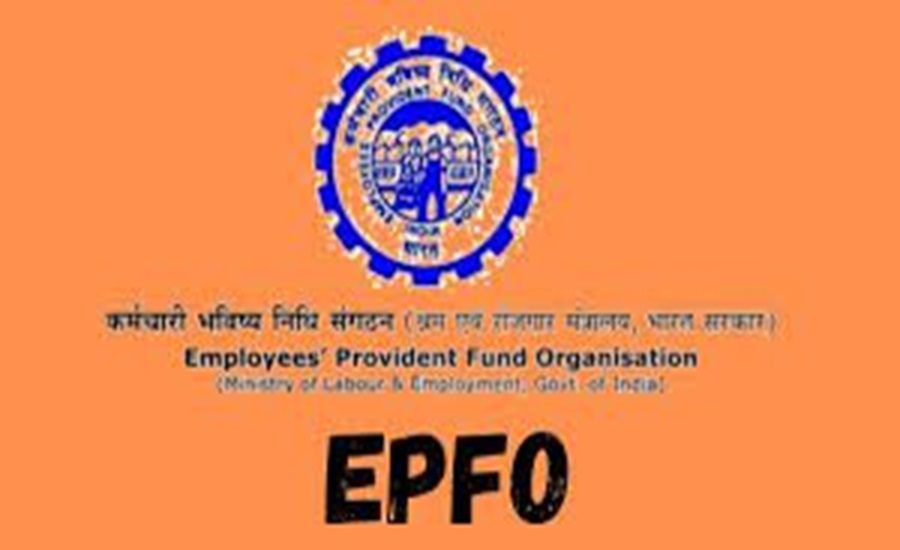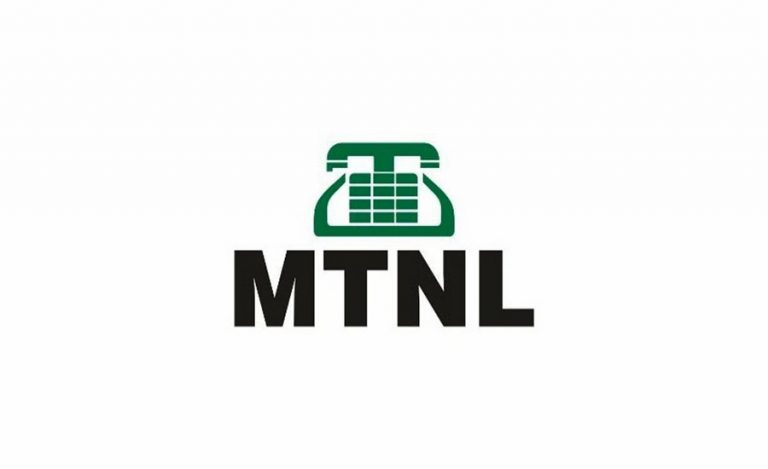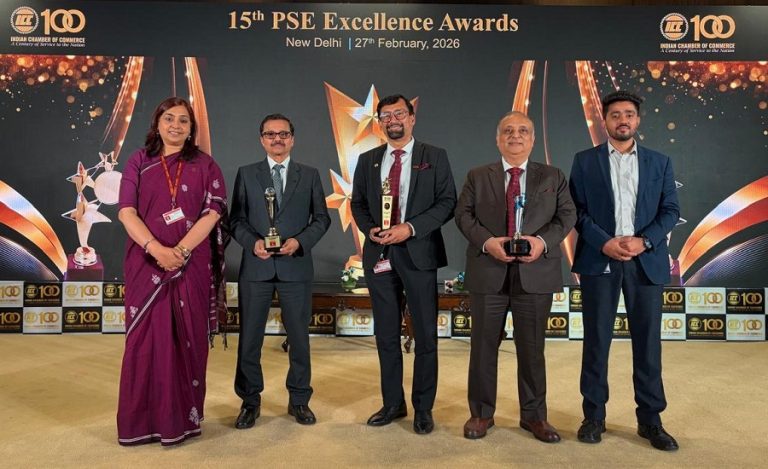New Delhi: In a significant digital upgrade, the Employees’ Provident Fund Organization (EPFO) has rolled out a new feature called ‘Passbook Lite’ within its Member Portal. The feature aims to simplify access to Provident Fund (PF) details by offering a summarized view of contributions, withdrawals, and balances—all within the main portal—thus eliminating the need to log in separately to the traditional Passbook Portal.
One Login for All Services: Seamless Member Experience
Until now, EPFO members were required to access a separate Passbook Portal to check their detailed PF statements and transaction history. With the launch of Passbook Lite, this experience is streamlined. Members can now view key PF information directly through the Unified Member Portal at
https://unifiedportal-mem.epfindia.gov.in/memberinterface/, using just one set of login credentials.
Passbook Lite offers a simplified, easy-to-read summary of the member’s account, which includes details of monthly contributions, total balance, and any withdrawals or advances taken. For members who still require a detailed graphical view or full transaction history, the existing Passbook Portal will continue to be available.
Read also: EPFO Employees to Receive Insurance Cover up to ₹1.6 Crore Through New SBI MoU
Reducing Load and Enhancing System Efficiency
The EPFO has also stated that this initiative is expected to significantly reduce the load on the existing Passbook Portal, which has traditionally handled a large volume of traffic. By offering a lighter, faster version integrated into the Member Portal, the organization aims to improve system performance and service uptime.
Moreover, the integration has been made possible by utilizing existing APIs, thereby simplifying the overall digital architecture and minimizing redundancy across platforms.
A Bigger Reform Beyond Just Passbook Access
The launch of Passbook Lite is part of a larger digital reform at EPFO that focuses not only on access to PF information but also on speeding up claims, settlements, and approvals. Currently, several key services such as PF transfers, advances, refunds, and settlements involve a multi-layered approval process, often requiring clearance from higher-level officers such as Regional Provident Fund Commissioners (RPFCs) or Officers-in-Charge. This process has frequently resulted in delays.
The new initiative is expected to simplify these approval layers, thereby allowing faster processing and reducing the turnaround time for PF-related services.
Comprehensive Coverage of Services Under Reform
The broader reform initiative covers several key operational areas, including:
- PF Transfers and Settlements
- Advances and Past Accumulations
- Refunds and Withdrawals
- Cheque/ECS/NEFT Returns
- Interest Adjustments
By optimizing these services, EPFO aims to:
- Ensure faster claim settlements
- Reduce processing delays
- Establish greater accountability at the field office level
- Improve transparency in transactions
- Enhance overall member satisfaction
Enhancing Transparency, Reducing Grievances
With better access to summarized information and faster claim settlements, the EPFO hopes to reduce the number of grievances raised by members regarding delays and lack of clarity in their PF accounts. A more transparent system will also help build trust and provide reassurance to millions of salaried employees across the country who rely on EPF as their key retirement savings instrument.
A Step Toward Digital Empowerment
The introduction of Passbook Lite and the associated reforms mark a major step toward digitizing and modernizing India’s social security infrastructure. By consolidating services, reducing friction, and simplifying processes, EPFO is making a clear push toward a more user-friendly, efficient, and accountable system.
As the feature is rolled out, it will be critical to monitor its performance, data accuracy, and user feedback to ensure that the promised benefits are fully realized.
About EPFO
The Employees’ Provident Fund Organisation (EPFO) is a statutory body of the Indian government, under the Ministry of Labour and Employment, that administers the Employees’ Provident Funds & Miscellaneous Provisions Act, 1952. It manages a contributory provident fund, a pension scheme, and an insurance scheme for the organized sector workforce in India. The EPFO is one of the world’s largest social security organizations, responsible for managing a vast number of financial transactions and member accounts.






























